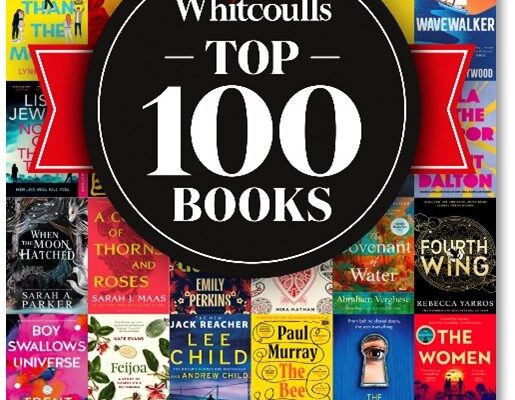March 25
Only 12% of New Zealand creatives surveyed by Copyright Licensing NZ (CLNZ) are confident they know their rights when it comes to copyright. But failing to keep on top of crucial documentation and understand copyright implications can have serious financial consequences.
A new offering aims to address this knowledge gap by making copyright information and protection tools accessible to all.
MyCreativeRights has been developed by not-for-profit organisation CLNZ, which saw a gap in the market for a product that demystifies the dense legal language around copyright and helps writers and artists better protect their intellectual property.
The launch of the service is well-timed with the creative sector facing uncertainty due to the rapid rise of generative artificial intelligence (AI) tools and the threats the technology poses to copyrighted work.
Record keeping is essential in the case of a breach of copyright. It can be impossible to enforce a creative’s
rights when an infringement occurs if they cannot demonstrate they have rights in respect to the work, or what the exact nature and limits of those rights are.
“The variety of lawsuits that have cropped up recently between creators and generative AI companies show that, in all cases, permission hasn’t been asked or granted,” says CLNZ chief executive Sam Irvine.
“The issue is not only that writers’ and artists’ intellectual property has been exploited unlawfully, but that artistic integrity and creators’ rights to make a living from their creative work are on the line. So
MyCreativeRights is a solution that educates artists and writers and also handles the administrative side of managing their copyright, freeing up more of their time to create.”
MyCreativeRights is a cloud-based service which combines two key products to help creative practitioners prove provenance and maximise the value of their work, providing peace of mind in an ever-evolving intellectual property landscape.
The Catalogue function safely documents and stores records of creative works, contracts and associated documents. It provides authors, visual artists and other creative professionals with a secure digital haven to
document, organise and store records of their work and supporting legal contracts. This helps mange timelines by flagging important dates like when rights revert or a contract ends.
It also simplifies the process of understanding copyright with personalised educational snippets delivered throughout the process and prompts to help users understand things like what rights they are actually granting. Creatives can sign up for a free account for their first project.
While the Legal Service offers access to extensive copyright knowledge and subsidised legal assistance. Users can access experienced legal advisors who specialise in the creative industries, providing them with reliable
legal advice tailored to their specific needs.
Free 15-minute consultations with a legal advisor are available, along with access to longer legal consultations, both of which are heavily subsidised by Manatū Taonga Ministry for Culture and Heritage for a limited time.
Jenny Nagle, Chief Executive of The New Zealand Society of Authors (NZSA), welcomes the new offering.
“The Legal Service gives Aotearoa New Zealand writers confidence to sign with publishers to licence their work, while the new rights management system, Catalogue, empowers writers to lodge contracts for all their titles in a secure account that provides a one-stop-system to manage publishing agreements, keep records of royalties and assignment of global licences, and take ownership of their intellectual property and writing careers.”
Research from CLNZ found those in the creative industries are so busy creating they don’t have the time or inclination to deal with the often daunting, administrative process, of protecting their material.
“We realised people didn’t know how to find out about their rights, and the majority of participants found the subject overwhelming, due to both the structure, language and volume of information, leading them to give up on exploring the topic further,” says Sam, who encourages art practitioners in Aotearoa New Zealand to create an account and explore how the service can help them.
See mycreativerights.co.nz for more information.





